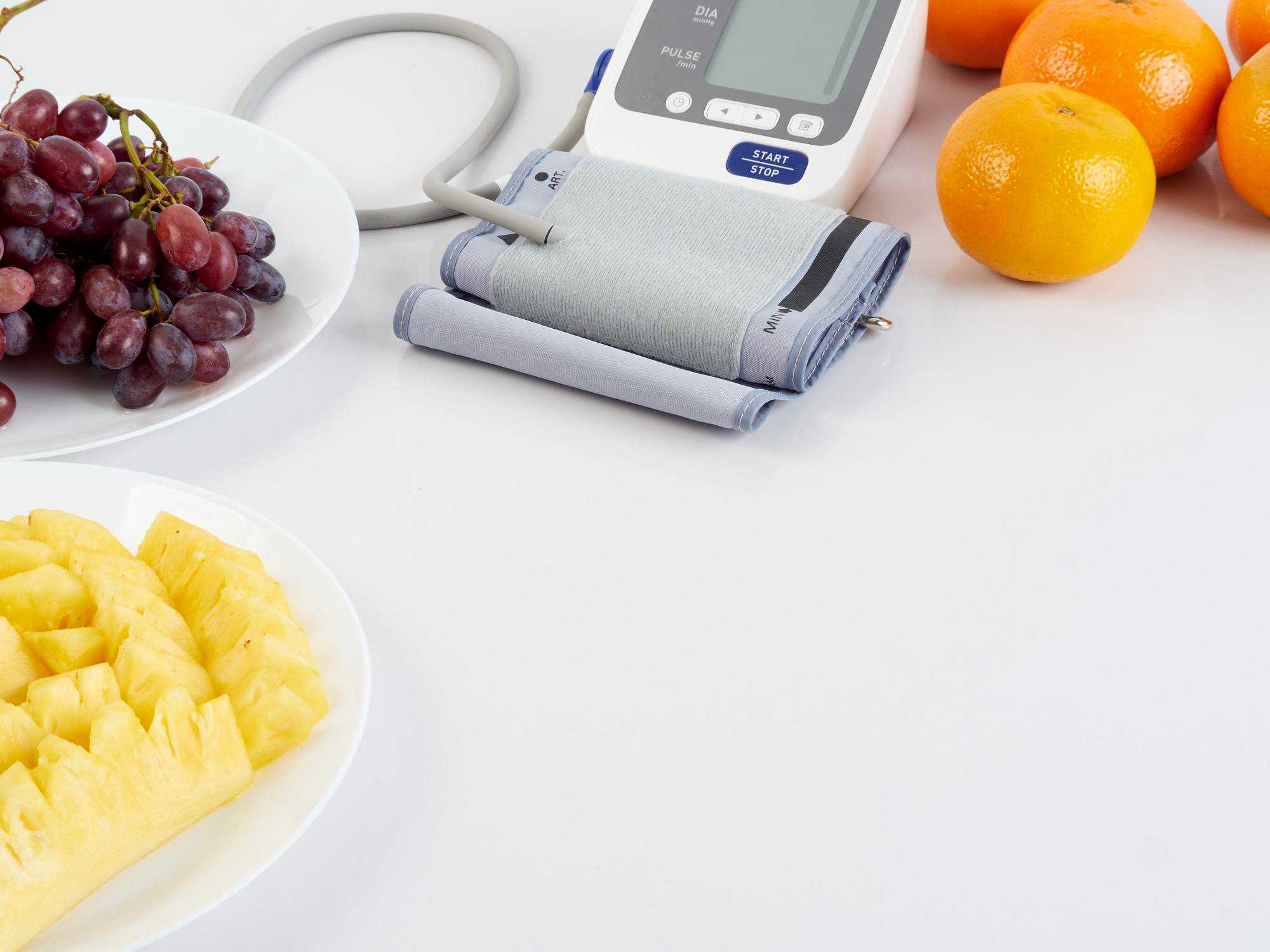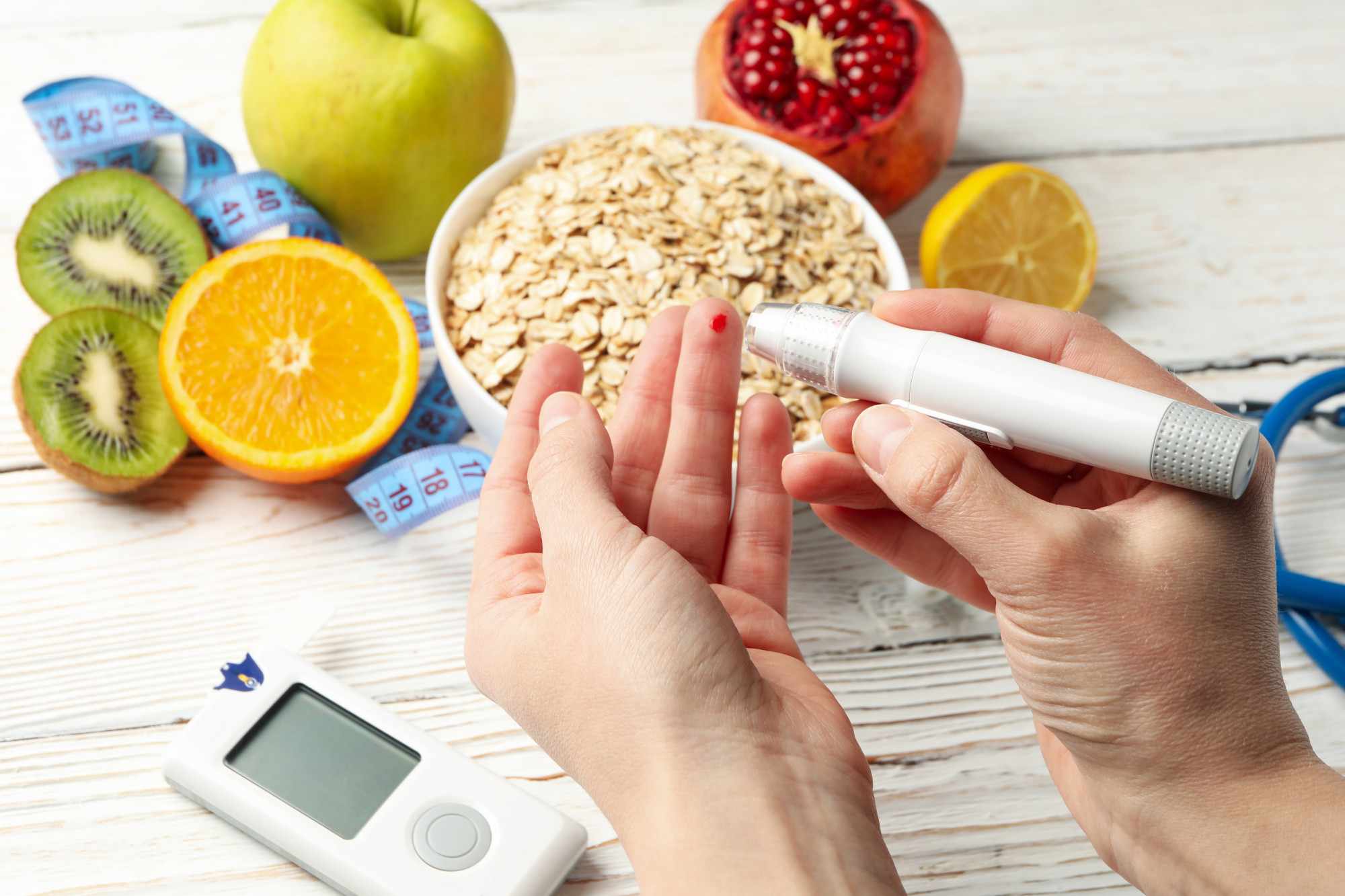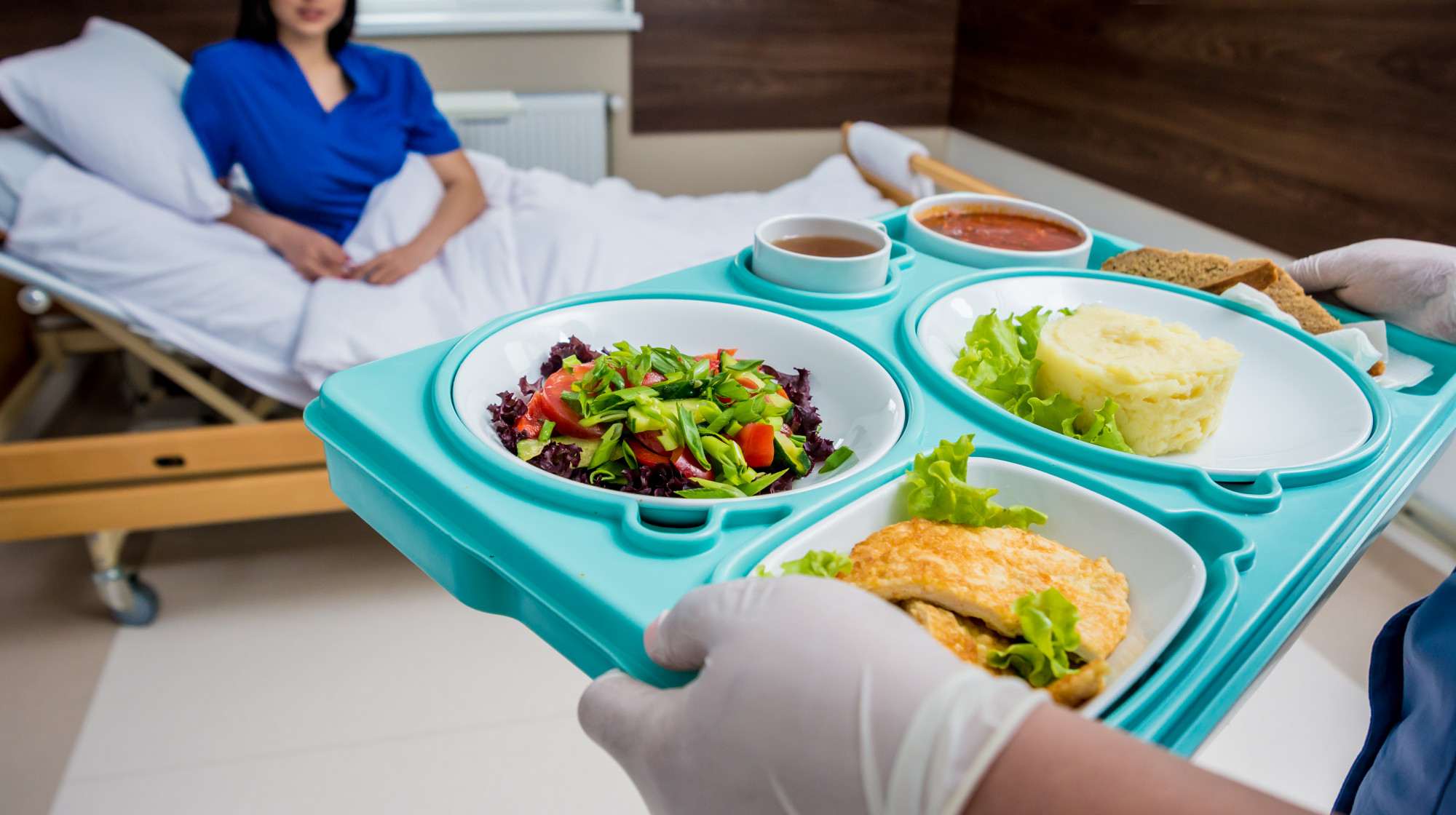
Core objectives:
Lower blood pressure, improve blood lipids, and protect vascular function
Key nutrients and dietary strategies
1) Sodium restriction and potassium supplementation:
Sodium: Strictly limit it to less than 2g per day (≈5g of salt). Avoid pickled foods, processed meats (such as ham and sausage), and seasoned sauces (such as soy sauce and oyster sauce).
Potassium: At least 4700mg per day. Supplement it through bananas (one banana contains 422mg), potatoes (boiled with the skin on), and cooked spinach.
2) Optimization of healthy fats:
Omega-3 fatty acids: Have deep-sea fish (such as salmon and mackerel) twice a week, or consume flaxseed oil (5-10ml per day) to reduce triglycerides and the inflammatory response.
Monounsaturated fats: Replace part of the animal fat with olive oil and avocado, accounting for more than 50% of the total fat intake.
Limit saturated fats: Less than 7% of the total calories. Reduce the intake of red meat (<100g per day), butter, and coconut oil.
3) Dietary fiber:
30g per day, including oats, black beans, and broccoli, which can reduce LDL-C (bad cholesterol).
4) Antioxidant nutrients:
Vitamin C (such as citrus fruits and colored peppers): Promotes vascular elasticity; Polyphenols (such as green tea and dark chocolate with at least 70% cocoa content): Inhibits the formation of atherosclerotic plaques.
DASH dietary pattern - Daily food distribution
1) 4-5 servings of vegetables (1 serving ≈ 100g raw weight);
2) 4-5 servings of fruits (1 serving ≈ 1 apple);
3) 2-3 servings of low-fat dairy products (1 serving ≈ 200ml of skim milk);
4) 6-8 servings of whole grains (1 serving ≈ 25g of raw rice).
5) Protein selection: Give priority to fish, poultry, and legumes. Red meat should be consumed no more than once a week.
Prohibitions and lifestyle
Absolute prohibitions: Trans fats (such as non-dairy creamer and cocoa butter substitutes), and high-salt snacks (such as potato chips and preserved plums).
Exercise intervention: 30 minutes of aerobic exercise (such as brisk walking and cycling) every day + resistance training twice a week (using resistance bands and doing squats).
Alcohol restriction: For men, no more than 25g per day (≈750ml of beer), and for women, no more than 15g per day (≈150ml of red wine).
Monitoring and adjustment
Key indicators: Ambulatory blood pressure (target < 130/80mmHg), and the four blood lipid indicators (LDL-C < 2.6mmol/L).
High-risk groups: Those with diabetes need to control their blood sugar simultaneously (HbA1c < 7%).




